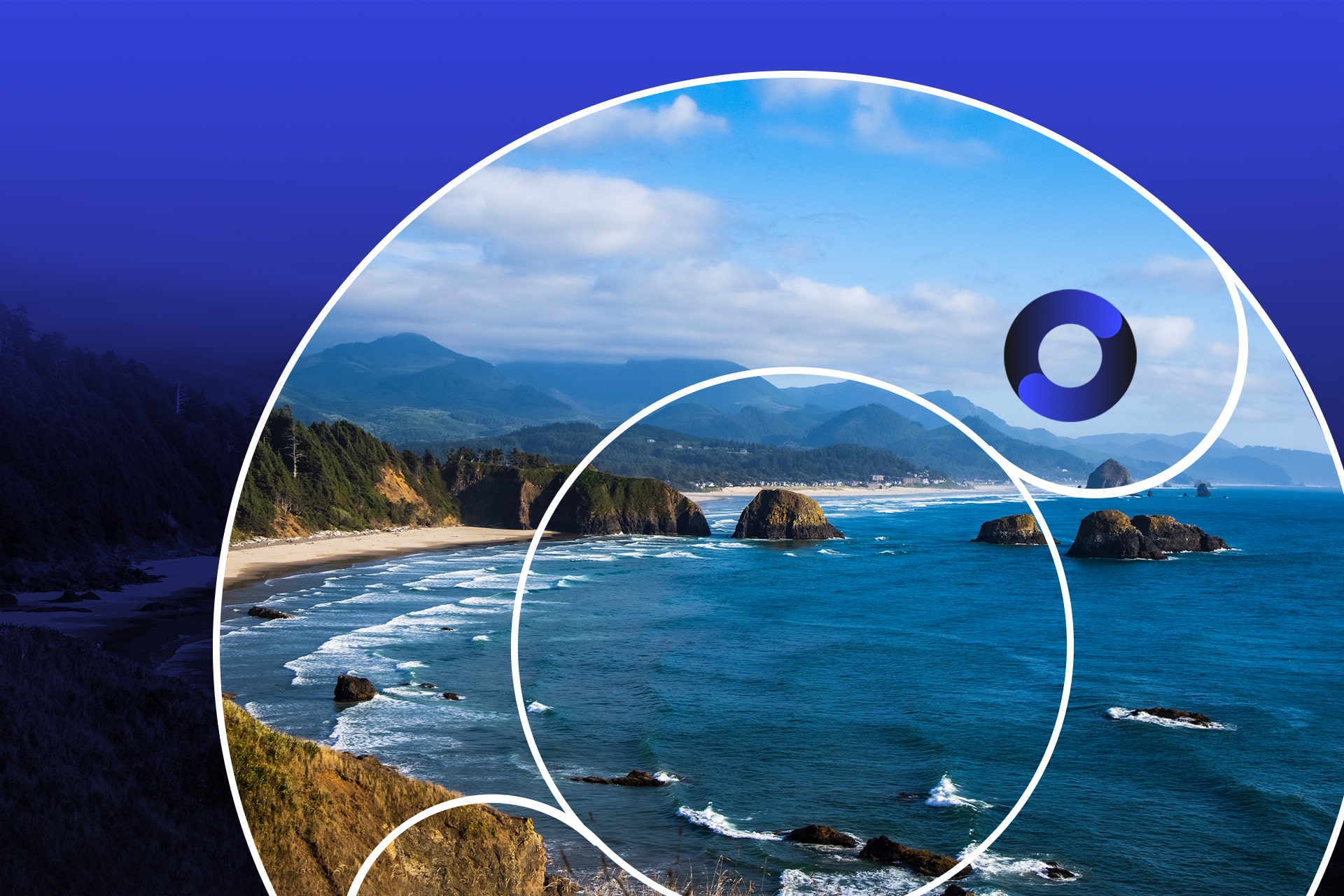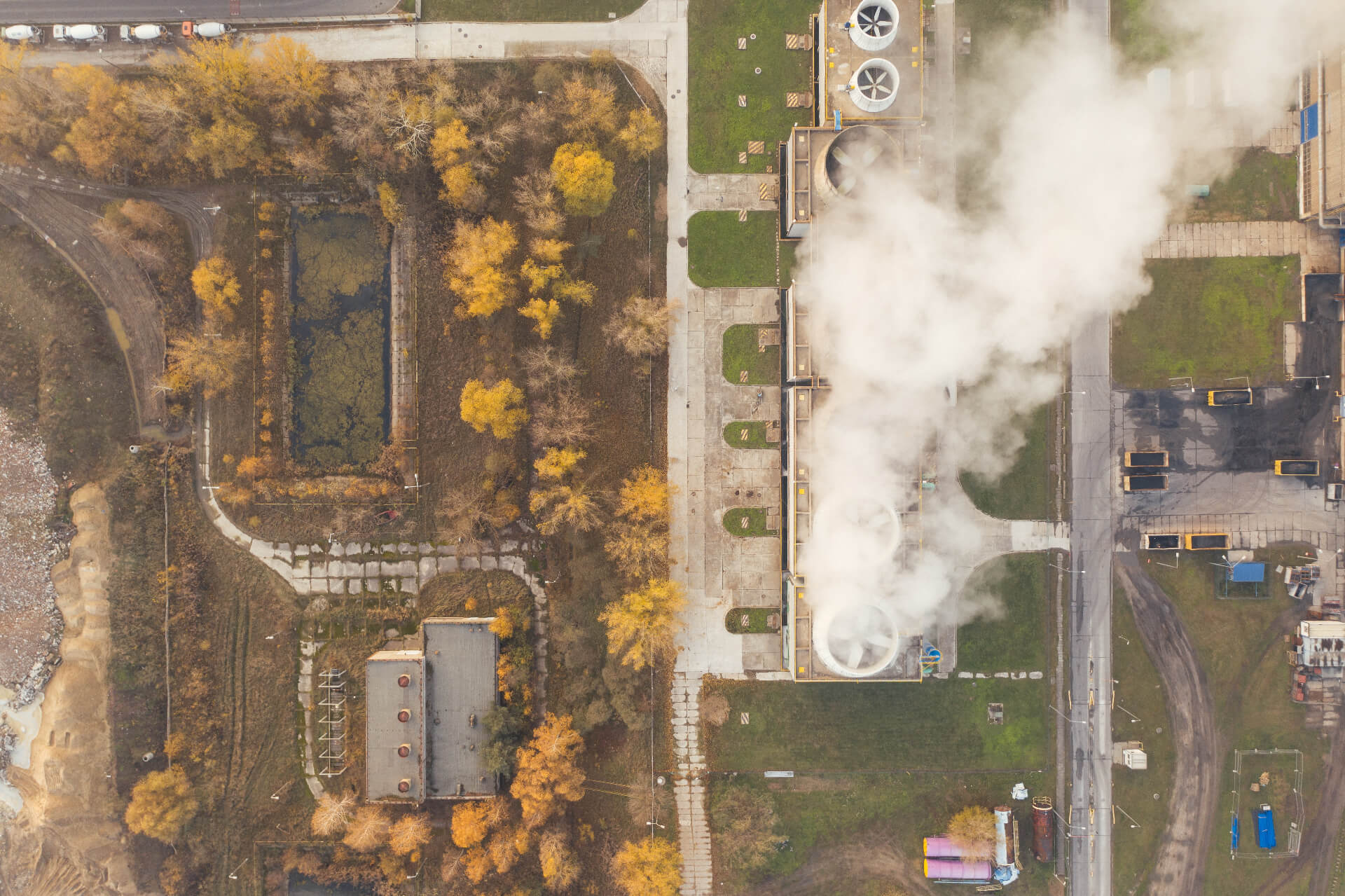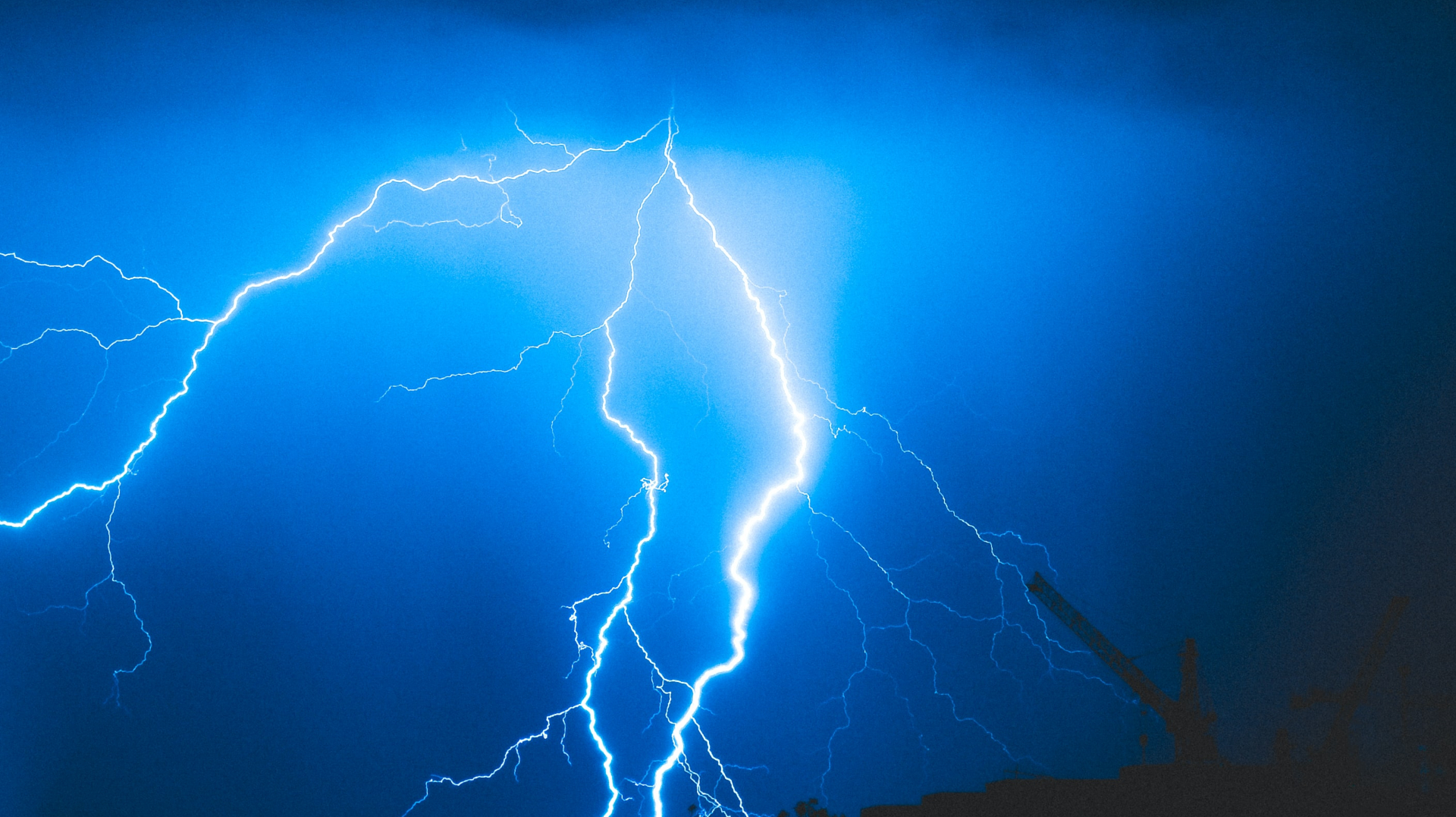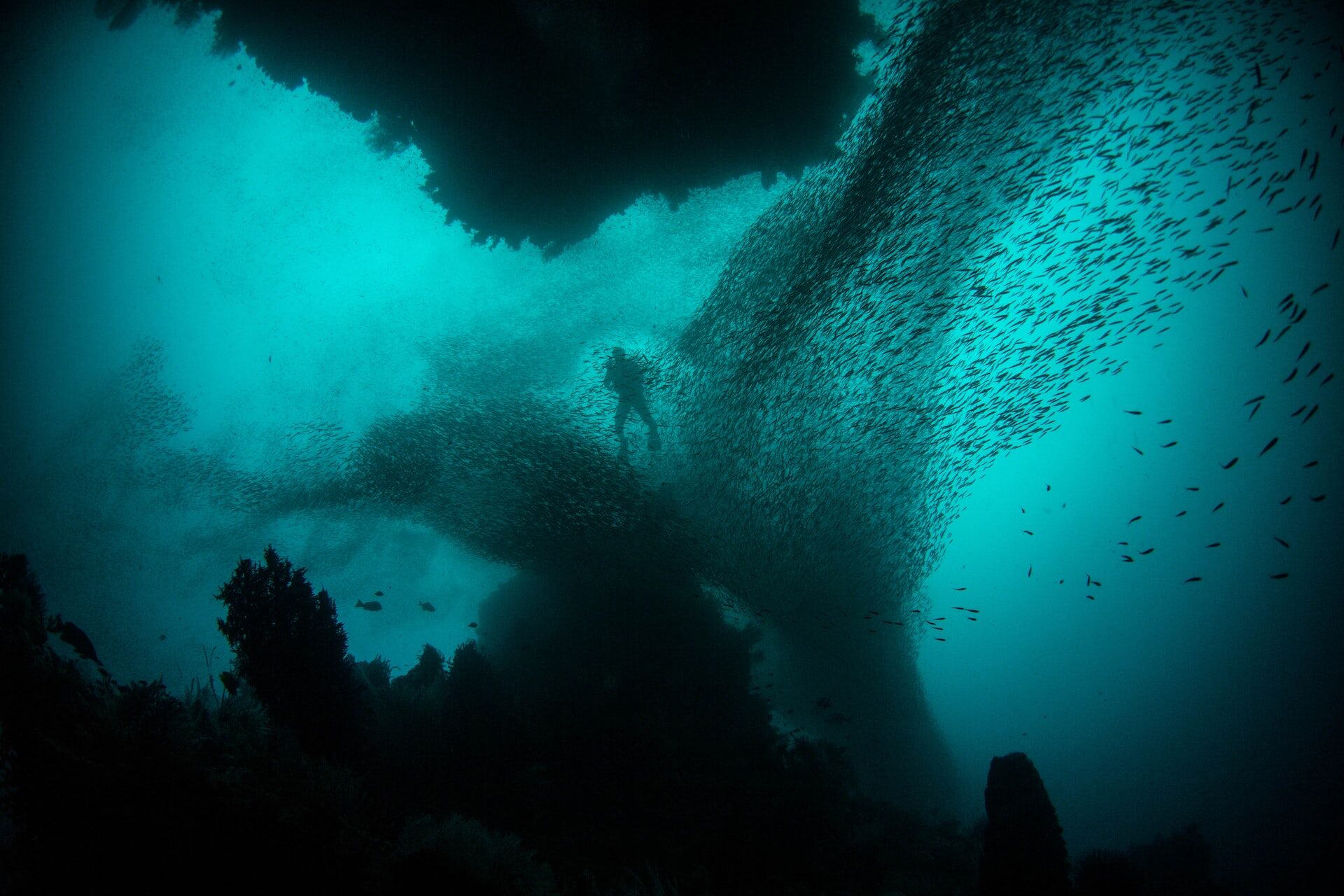
Five Reasons We Need to Save Our Oceans
June 5, 2018 - Emily Newton
Revolutionized is reader-supported. When you buy through links on our site, we may earn an affiliate commision. Learn more here.
The oceans are currently facing a myriad of serious threats from human activity. Because the ocean operates as an interconnected ecosystem, even seemingly isolated issues can have far-reaching effects. Although the situation is difficult, there are some things we can do to help save our oceans. Here are five current problems and some things we can do to fix them.
1. Overfishing
According to a study by the UN Food and Agriculture Organization, almost 80% of the world’s fisheries are fully exploited, overexploited, depleted or in a state of collapse. This is because we are overfishing, catching more fish than the system can support.
When fish species start to disappear, entire ecosystems suffer. Depleting one species of fish isn’t just bad for that specific species. It also hurts the many other species that depend on it as part of the food chain. Depleting fish species can lead to degradation of the entire ocean.
The way we fish is often unsustainable as well. Bottom trawling, an industrial fishing method in which a large weighted net is dragged across the ocean floor, is extremely destructive. It damages the ocean floor ecosystem, and up to 90% of a catch is often bycatch, unwanted fish that are accidentally captured. These unwanted catches often don’t survive even when thrown back.
Many species can often recover, although slowly, after they become commercially impractical because of overfishing. Creating and enforcing catch limits, by-catch rules and protection for ocean ecosystems can help. Individuals can help by being informed, spreading awareness and eating sustainably sourced fish that have the smallest environmental impact.
2. Acidification
Carbon dioxide (CO2) released from burning fossil fuels doesn’t just affect the atmosphere. It’s also damaging our oceans.
About a quarter of the CO2 burning coal, oil and gas sends into the atmosphere ends up dissolving into the oceans, which makes the water more acidic. In fact, in the last 200 years, the ocean’s acidity has jumped 30 percent, the fastest change we know about within the last 50 million years.
Such a swift change doesn’t bode well for many ocean species. Acidification is especially harmful for shelled creatures and coral.
In order to correct the ocean acidification issue, we need to cut carbon emissions. Although uncertain territory, geoengineering solutions that purposely alter a planetary system, are also being considered.
3. Dying Coral Reefs
Coral reefs provide important habitats for many different species of marine life, as well as essential nutrients that play an integral role in the ocean food chain. Rising ocean temperatures, ocean acidification, pollution and overfishing are, however, threatening their well-being.
Researchers recently found that 50 percent of the coral in the Great Barrier Reef was facing mortality because of coral bleaching, a reaction to harsh conditions in which coral ejects the algae that live in it and provide it with food. Bleaching can eventually lead to death.
Coral reefs are an important part of the ocean ecosystem, and their loss poses a serious threat. It’s important to spread the word about this issue and work to reduce pollution and greenhouse gas emissions if we’re going to save them.
4. Dead Zones
Dead zones are areas of ocean that have less dissolved oxygen present in the water than usual, which leads species living there to die or, if they are mobile, to leave. This creates an area in which effectively nothing can live.
Dead zones can occur naturally but may also be created or made worse by human activity. Extra nutrients that enter the ocean because of run-off from land or as wastewater from pipes can create an excess of algae growth. When this algae dies, it decomposes and consumes so much oxygen that there’s not enough left to support marine life.
People can help reduce dead zones by using fewer chemical fertilizers and pesticides, using less water and avoiding dumping chemicals down storm drains.
5. The Great Pacific Garbage Patch
The Great Pacific Garbage Patch is not so great for the oceans. A giant swirling collection of debris, the garbage patch is made up mostly of litter from North American and Asia. Plastics do not decompose and therefore make up the biggest portion of the garbage. We’re not sure exactly how much trash ends up there, but scientists think there may be even be more than we see at the surface on the ocean floor.
Plastics can be harmful to animals that mistake them for food. In 2015, the U.S. House of Representatives passed a bill banning the use of microbeads in products. Why? These tiny plastic particles don’t get filtered out of water so they make their way to the oceans and rivers where fish eat them. To make matters worse, microbeads absorb harmful pollutants, so when we eat the fish that ingest these beads, we consume the pollutants as well.
Large collections of trash like the Great Pacific Garbage Patch can also block sunlight from reaching algae and plankton, which harms a vital part of the ocean’s ecosystems. Replacing disposable plastic with biodegradable materials can help to stop the patch from growing.
As with many other aspects of our environment, the oceans are facing some unprecedented challenges. Humans have caused or exacerbated some of these issues, but we also have the power to help fix them.
Revolutionized is reader-supported. When you buy through links on our site, we may earn an affiliate commision. Learn more here.
Author
Emily Newton
Emily Newton is a technology and industrial journalist and the Editor in Chief of Revolutionized. She manages the sites publishing schedule, SEO optimization and content strategy. Emily enjoys writing and researching articles about how technology is changing every industry. When she isn't working, Emily enjoys playing video games or curling up with a good book.




